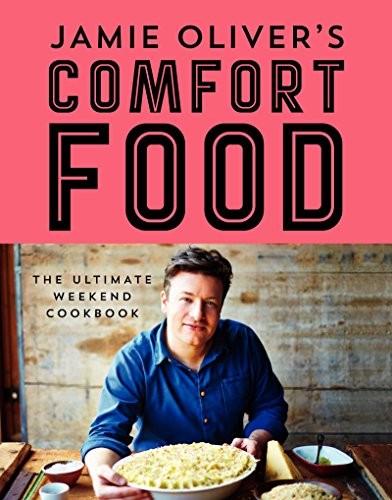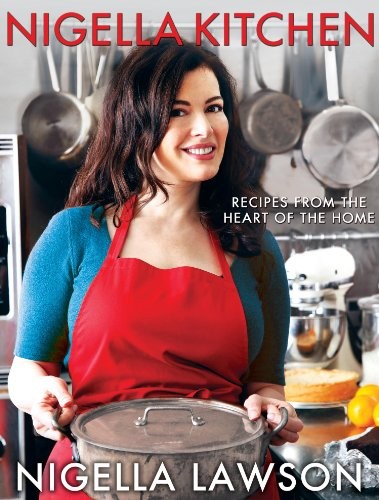A glug and a dollop…
October 6, 2014 by Susie What do you think of those Brits
and their chatty, poetical way with instructions? Whenever I
read a Jamie Oliver recipe, I prepare myself for an aggressive
style of non-measurement – the “glug” of olive oil, the “knob” of
butter. [To me, a glug is maybe 2-3 teaspoons, a knob is
maybe 1.5 tablespoons. But it tends to vary depending on how
dry the pan is, how thirsty the ingredients, how hungry I
am…]
What do you think of those Brits
and their chatty, poetical way with instructions? Whenever I
read a Jamie Oliver recipe, I prepare myself for an aggressive
style of non-measurement – the “glug” of olive oil, the “knob” of
butter. [To me, a glug is maybe 2-3 teaspoons, a knob is
maybe 1.5 tablespoons. But it tends to vary depending on how
dry the pan is, how thirsty the ingredients, how hungry I
am…]
I’ve just spent a week testing Nigel Slater (of The Guardian)’s newest book, which is cute and breezy, and keeps the recipes as short as possible by using narrative format, where the ingredients and their quantities are called out right in the paragraph. (When not indexed in EYB, narrative format is murder on a girl’s shopping list but saves a ton of space.) Nevertheless, Slater has room to indulge in prosey bouquets like “Leave to quietly bubble over moderate heat till a sort of impromptu creamy juice has developed”.
 Nigella Lawson may be the most
famous British poet of the plate in our era. Her style tends
toward the sensual, as in “when you prod the centre, you
should feel the promise of squidginess beneath your fingers.”
I have mixed feelings about this – sometimes when her act
verges on burlesque I get a little turned off. But I like her
recipes and her writerly stylings at least convey a kind of joie de
vivre.
Nigella Lawson may be the most
famous British poet of the plate in our era. Her style tends
toward the sensual, as in “when you prod the centre, you
should feel the promise of squidginess beneath your fingers.”
I have mixed feelings about this – sometimes when her act
verges on burlesque I get a little turned off. But I like her
recipes and her writerly stylings at least convey a kind of joie de
vivre.
In general, I suppose I don’t prefer a clinical style of recipe. But sometimes you really do need a measurement, a time, a temperature…and if I’m puzzled about that sort of detail and it’s not there somewhere, I really resent it. How about you?
Categories
- All Posts (6940)
- Antipasto (2135)
- Author Articles (247)
- Book News (935)
- Cookbook Giveaways (983)
- Cookbook Lovers (257)
- Cooking Tips (109)
- Culinary News (299)
- Food Biz People (552)
- Food Online (791)
- Holidays & Celebrations (272)
- New Cookbooks (149)
- Recipes (1500)
- Shelf Life With Susie (231)
- What's New on EYB (133)
Archives
Latest Comments
- Atroyer7 on Danube Cookbook Review and Giveaway
- demomcook on What foods do you look forward to the most for each season?
- demomcook on Danube Cookbook Review and Giveaway
- Darcie on How cookbooks can help build resilience
- mholson3 on Danube Cookbook Review and Giveaway
- Rinshin on How cookbooks can help build resilience
- sarahawker on Danube Cookbook Review and Giveaway
- Sand9 on Danube Cookbook Review and Giveaway
- hankintoby29 on Heritage Cookies of the Mediterranean World – Cookbook Giveaway
- WBB613 on Feasts of Good Fortune Cookbook Giveaway